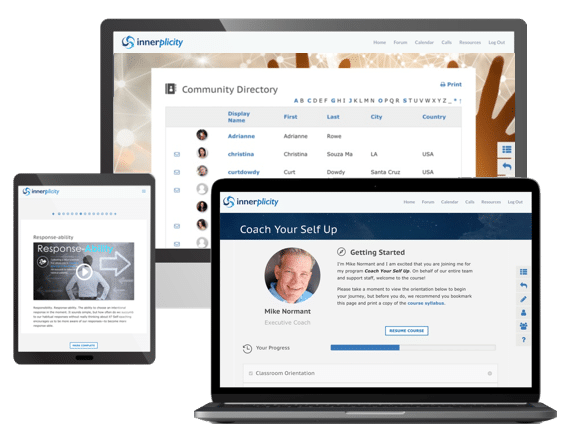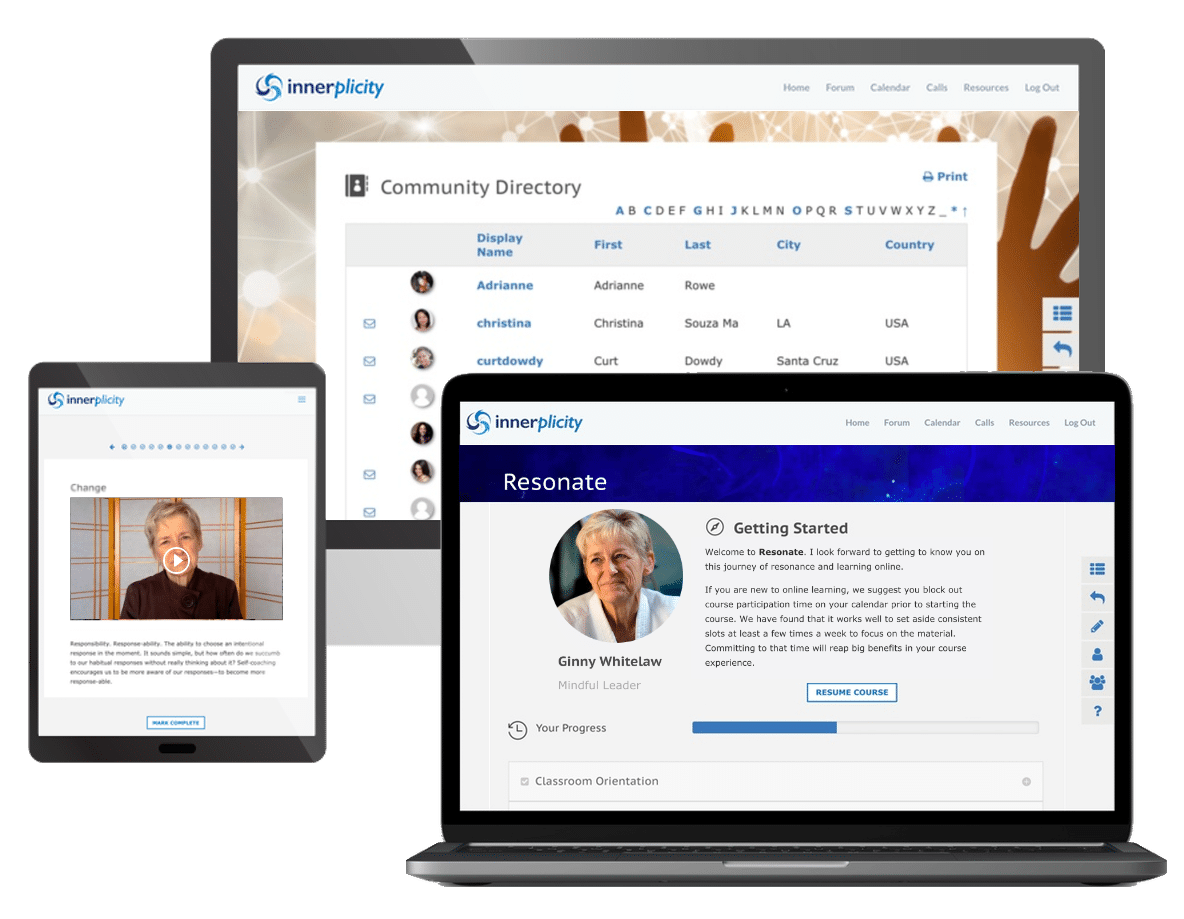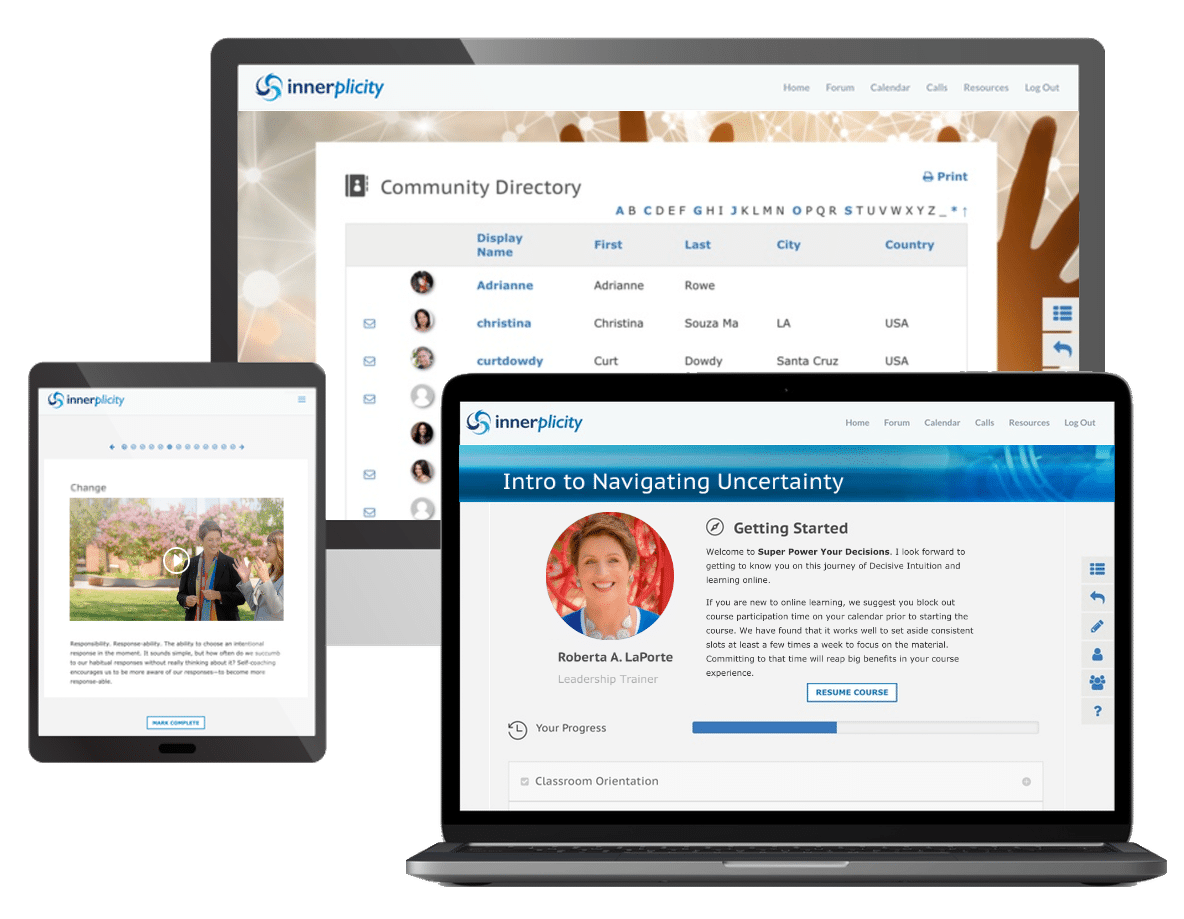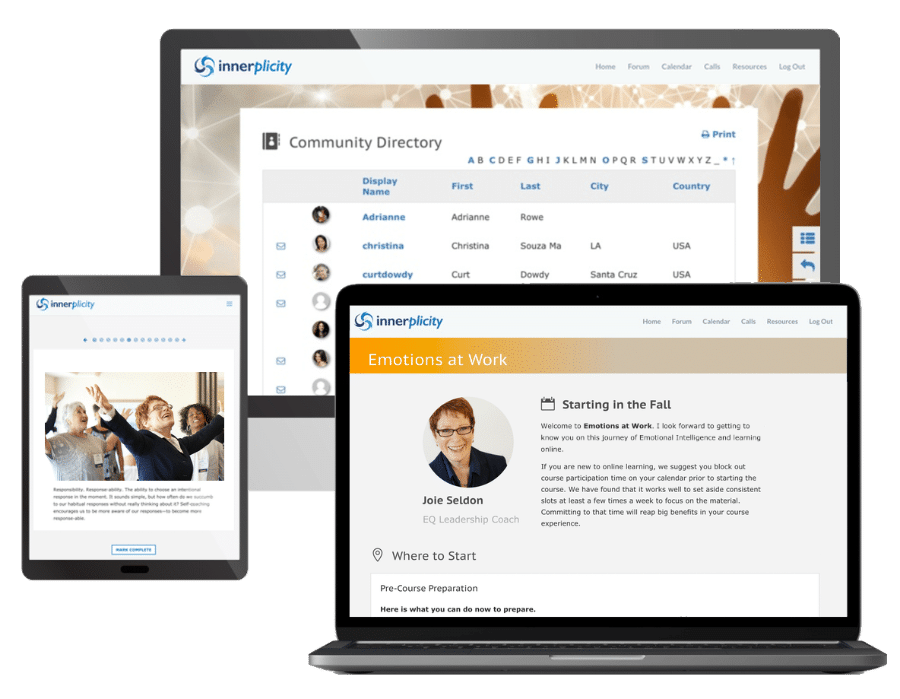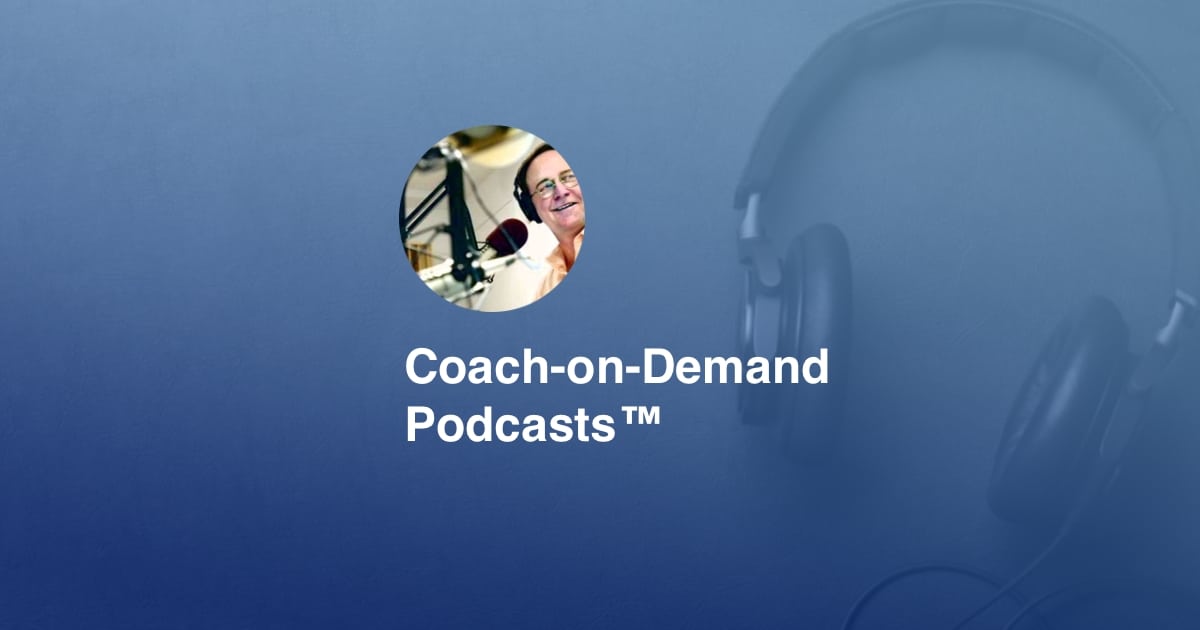2 min - As a leader, the energy you bring into each interaction (virtual meeting/phone/email) has...
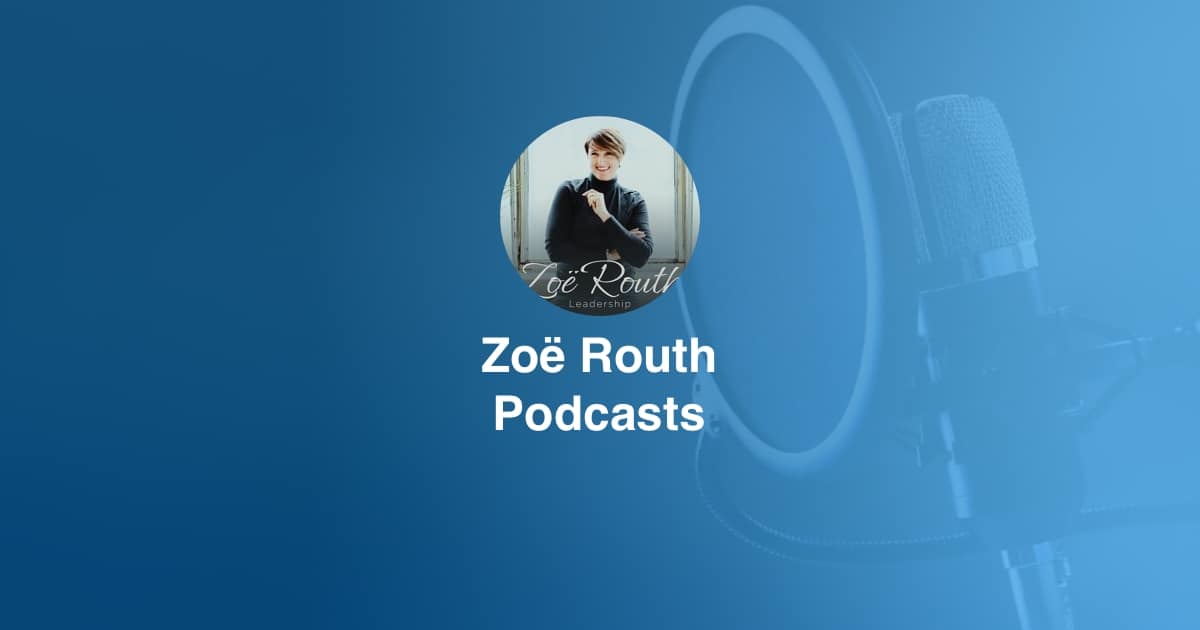
Experimental Leadership Mindset
Experimental Leadership Mindset
– 42 min –
Leadership development expert Mike Normant joins Zoe Routh in a discussion about Coach Your Self Up, identifying and re-writing the self-limiting stories we tell ourselves. A certified engineer who pivoted into the L&D and HR space, Mike’s own journey of confronting his beliefs and the resulting behaviors inspired him to create programs and resources to help people boost their self-awareness. Mike shares his self-leadership insights and explains why we need to take a step up the ‘experimental staircase’ to reach our potential.
Mike Normant, CEO, Unlimit Group
A former global learning & development director at eBay, Mike is now CEO of The Unlimit Group, an executive coaching and leadership training company. Mike is also an active member of executive coaching cadres at Skyline Group International, Lee Hecht Harrison, and Sidekick.
Learn more »
Trending
Three Steps to Regain Your Leadership Energy
How to Use Intuition when Managing Remote Teams
2 min - The global pandemic has completely changed the way we work. Many businesses have been...
What does it Mean to Resonate with Others?
- 2 min - WHY GOOD VIBRATIONS ARE MORE THAN A BEACH BOYS’ SONG You walk into a room and instantly...
Trust and Emotional Intelligence
- 3 min - The topic in a group discussion this morning was TRUST, and how to assess your...
FEATURED COURSE
Coach Your Self Up
Practical self-coaching techniques to identify and break through self-limiting behaviors and thought patterns. Learn to be your own coach and take more ownership of your career development.
To Be Announced
Instructor-Led Course
6-Weeks Online
12.5hrs Est. Course time
Peer-group Networking
